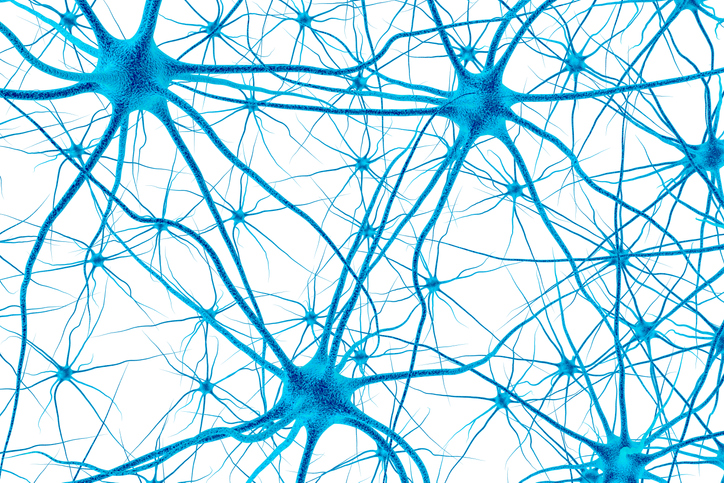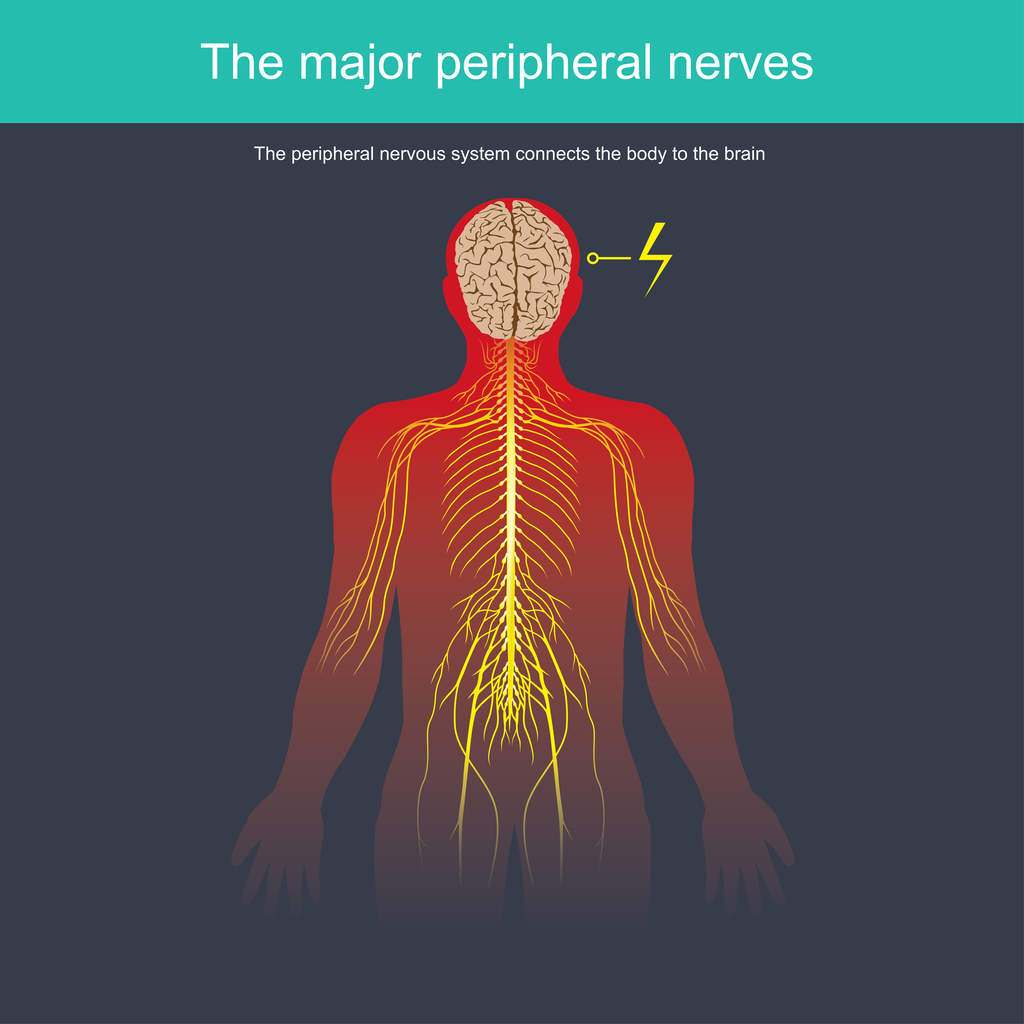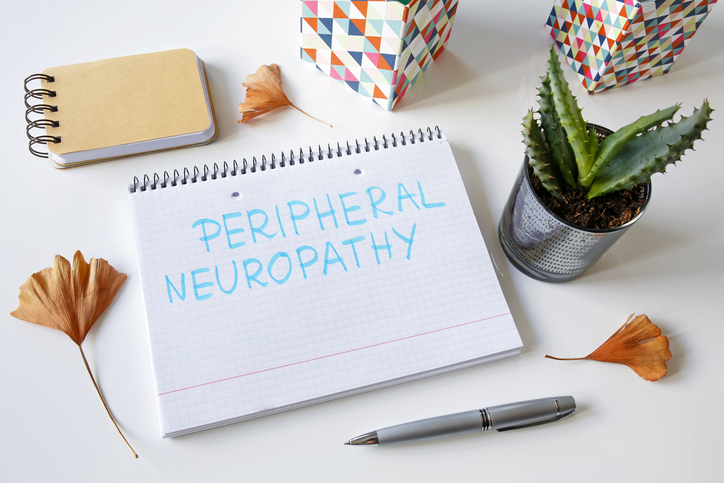Pain
Melatonin Supplementation as a Treatment Option for Neuropathy

Melatonin is a hormone that regulates the body’s sleep-wake cycle. As daylight fades, the brain increases melatonin production; as daylight breaks, the brain decreases melatonin production. Although melatonin is naturally produced in the body, it is also available in supplement form, which can aid in the treatment of sleep disorders, such as insomnia and jet lag. Interestingly, some research suggests that melatonin may also help relieve symptoms of neuropathy.
Increased pain threshold
When sleep quantity or quality is compromised, pain thresholds often decrease, which means that the sensations of pain heighten. Supplementing with melatonin may help with sleep quantity and quality, which can reduce pain levels.
Reduced inflammation and oxidative stress
Melatonin may also reduce inflammation and oxidative stress associated with chronic pain conditions. Melatonin has antioxidant properties, which means it helps protect the body from free radicals. Free radicals are byproducts of normal body processes, but high levels of free radicals become toxic to cells in the body, causing oxidative stress and damage. Since melatonin has antioxidant properties, it helps detoxify free radicals before they can cause damage.
Nerve regeneration
Melatonin may help with nerve regeneration after nerves are damaged, either due to degenerative disease or injury. Therefore, supplementing with melatonin may help relieve neuropathic pain and reduce other neuropathy symptoms, such as sensitivity to touch and temperature changes.
Bottom line
More research is needed on the use of melatonin supplementation as a complementary treatment for neuropathy. However, its potential use as a treatment option is promising. Melatonin supplements are widely available, generally safe, and relatively inexpensive. Consulting a medical professional before taking melatonin or any new supplement is advised.
















